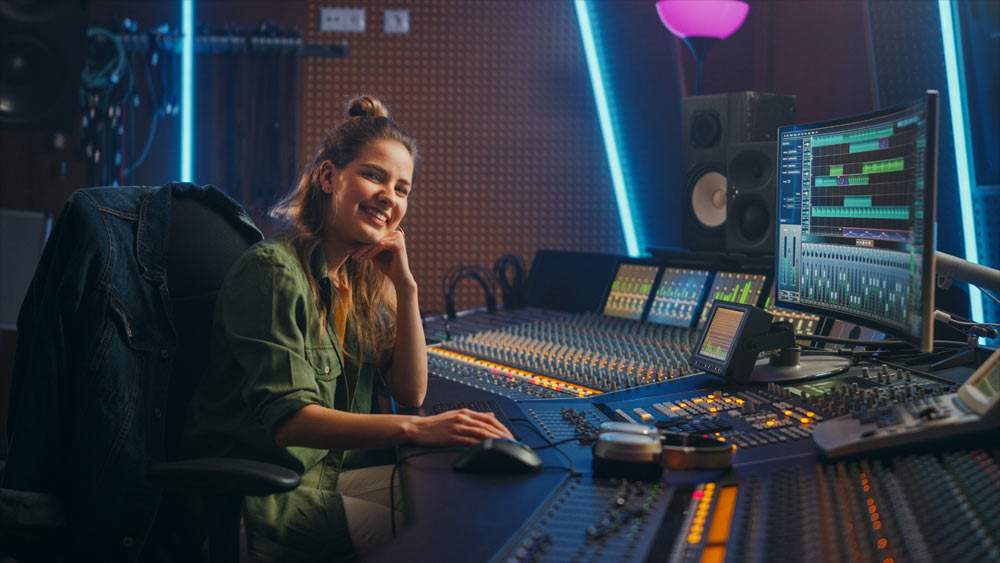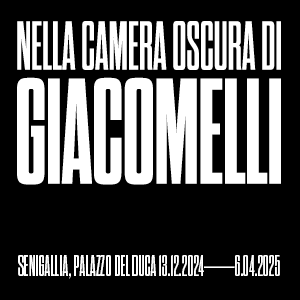Women directors, only 15 percent of the total in Italy. The research of Women in Film
How many women in Italy are involved in directing audiovisual products, such as films, television programs, multimedia products? Very few: they are just 15 percent of the total. This is the result of research conducted by the association Women in Film, Television & Media Italia, which fights for gender equality in the audiovisual industry. The survey, taking into consideration feature films, short films and documentaries produced in Italy from 2008 to 2018, confirmed the presence of a deep gap within the audiovisual sector with regard to directing.
In particular, as anticipated, only 15 percent (with a predominance of documentaries) can be attributed to the direction of a woman. And the situation has not changed in subsequent years: according to Cinetel’s 2019 box office rankings, only 13 percent of the films released in theaters in Italy were directed by a woman director. Within this scenario, it is TV series and award shows, on the other hand, that provide positive momentum in the sector, with a trend that points toward inclusivity. The results of the research were anticipated by Domizia De Rosa, president of Women in Film, Television & Media Italia, at the 24ORE Business School’s Full Time Management of the Audiovisual and Media Entertainment Sector master’s program, which was held at its Rome headquarters.
“From the very beginning,” explained Domizia De Rosa, “we have identified training as the key element of evolution and revolution, useful to implement cultural and social change through an adequate and positive representation of women in the audiovisual imaginary. Our goal is to unhinge stereotypes and rebalance rights and recognition between men and women.”
“Equality and freedom in the professional sphere must be a possibility for everyone,” says Elena Zarino, Group Content Manager Art, Film and Entertainment Area of 24ORE Business School. “Every individual, whether woman or man, must have the opportunity to choose the job that best suits their abilities, inclinations, passions and aptitudes without being constrained or limited by stereotypes. And I am not just referring to ’gender’ stereotypes that want men and women to be physiologically and naturally better suited to some jobs rather than others (the old image of the man astronaut and the woman teacher, to wit). I am also thinking of the mindset that links professional success to other salaries and power roles but forgets other less tangible but equally important aspects. Every job must be a tool for self-actualization. Bringing these issues into education is crucial if we want to have better and more equitable workplaces.”
Women in Film, Television & Media Italia (WIFTMI) is a nonprofit association founded in the 1970s in the US and arrived in Italy in 2018 where it has become a point of reference in the audiovisual and media sector. WIFTMI’s goal is to promote gender equality and combat gender bias in the audiovisual and media industry. The Association also wants to encourage and incentivize a cultural change that leads to a more appropriate and positive representation of women in the content of the audiovisual industry. WIFTMI hopes that such change will come to affect the everyday behavior of each and every one of us through the ability of audiovisual imagery to shape our worldview. These goals are complemented by that of creating a network of female professionals that fosters dialogue and cultural exchange, also stimulating a change in the professional and social positions and roles held by women.
The collaboration between 24ORE Business School and Women in Film, Television & Media Italia stems from the sharing of a fundamental value, namely training, a key point for a cultural and social change that allows to build an inclusive and non-discriminatory community, where the word can increasingly open to a binary language so as to recognize and legitimize the presence of all, workers and female workers, professionals and professionals, managers with equal rights, opportunities and recognition able to grow and evolve.
 |
| Women directors, only 15 percent of the total in Italy. The research of Women in Film |
Warning: the translation into English of the original Italian article was created using automatic tools. We undertake to review all articles, but we do not guarantee the total absence of inaccuracies in the translation due to the program. You can find the original by clicking on the ITA button. If you find any mistake,please contact us.





























